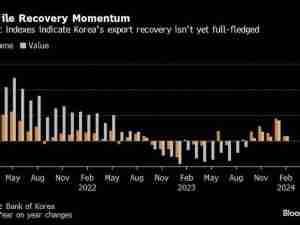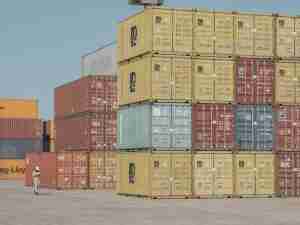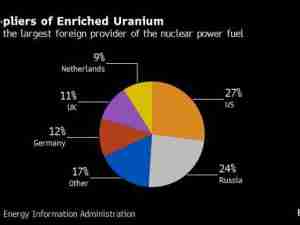Export controls against China will not only fail to halt its technological progress but also hurt the U.S. economy, ASML Holding NV Chief Executive Officer Peter Wennink said, after trade tensions between Washington and Beijing led to restrictions on the sale of the Dutch company’s advanced chip equipment to Chinese firms.
“I believe that export controls are not the right way to manage your economic risks if you have determined that there is an economic risk,” Wennink said during an online industry event on Wednesday, arguing that if “you close China from access to technology, that will also cost non-Chinese economies a lot of jobs and a lot of income.”
While it will take a long time for China to build its own semiconductor equipment and technology due to a lack of access to foreign technology, eventually non-Chinese companies will be shut out of one of the largest chip markets, Wennink said.
If American business with China on semiconductors is cut off completely, it will probably cost anywhere between $80 billion to $100 billion in sales and 125,000 jobs in the U.S., Wennink added, citing U.S. Commerce Department estimates.
ASML, which has a de facto monopoly on advanced extreme ultraviolet lithography equipment needed to make cutting-edge chips, is a crucial supplier to Samsung Electronics Co. and Taiwan Semiconductor Manufacturing Co., but it has plans to drive deeper into China. Beijing wants to build a world-class home-grown chip industry to wean itself off foreign imports—an effort that would need ASML’s one-of-a-kind EUV machines. Yet the company faced difficulty getting the Dutch government to renew a license to export the systems to China amid ongoing trade tensions.
Wennink said in January that ASML hasn’t shipped its latest EUV machines to China because the request for an export license is still with the Dutch government, adding that there have been ongoing talks between Dutch, the European and the U.S. governments.







